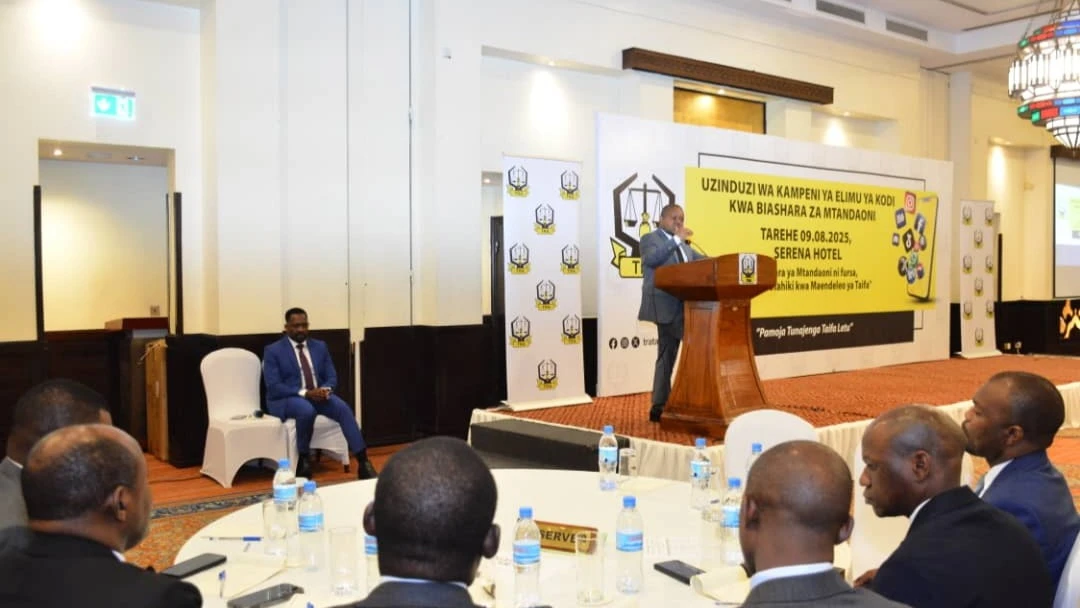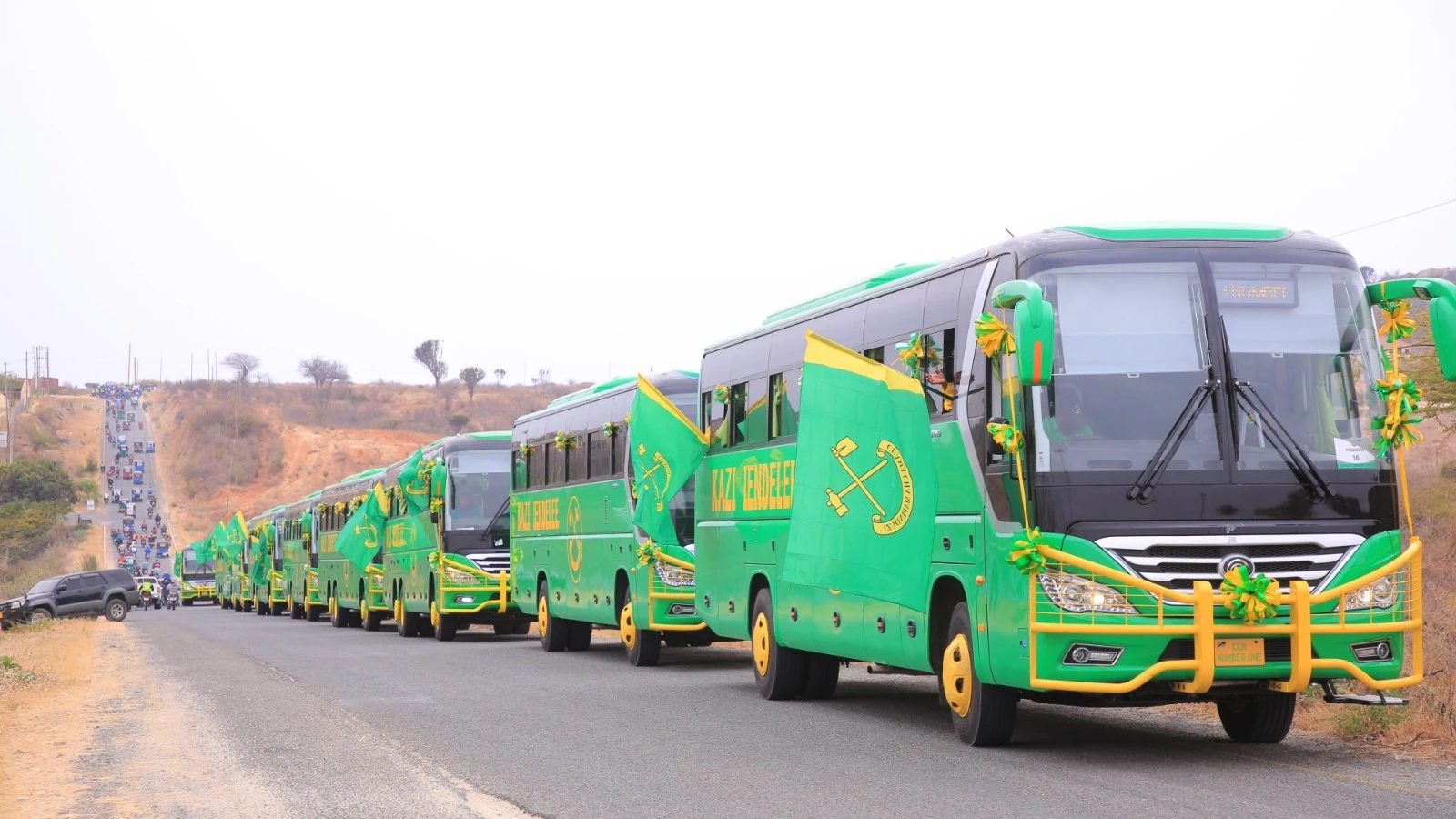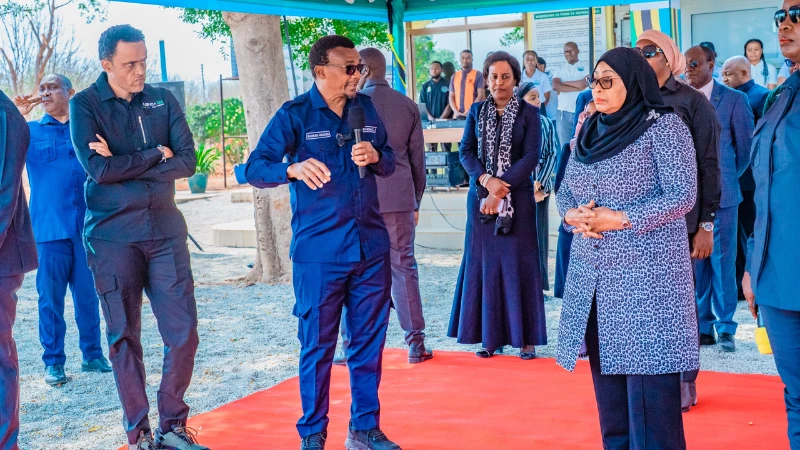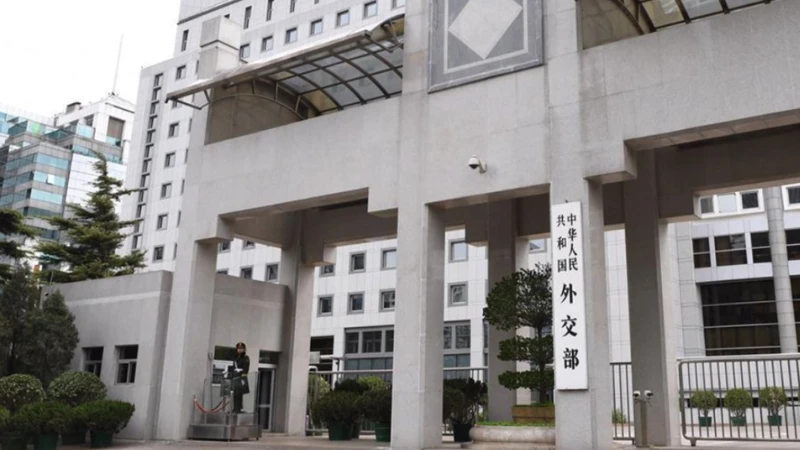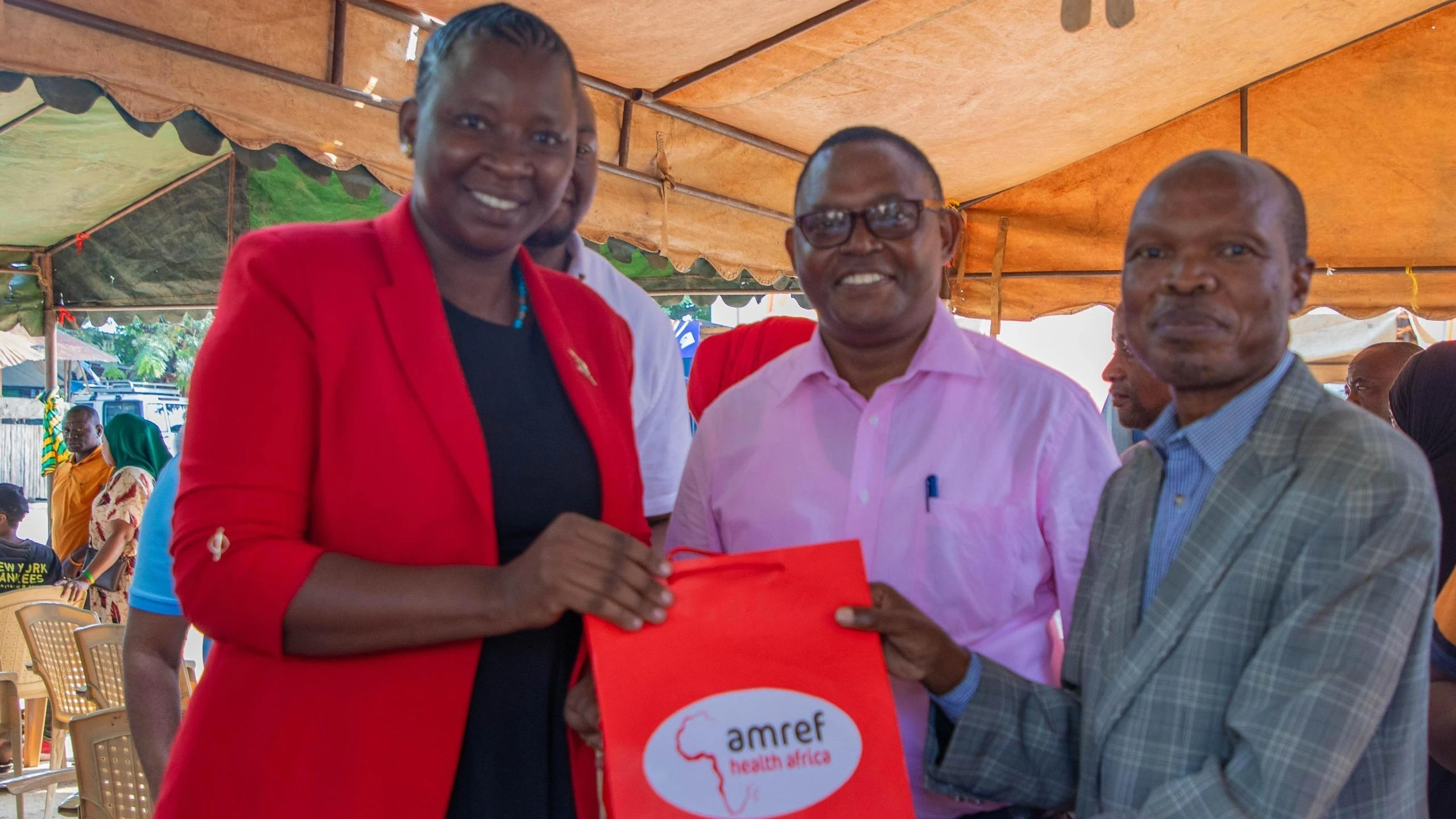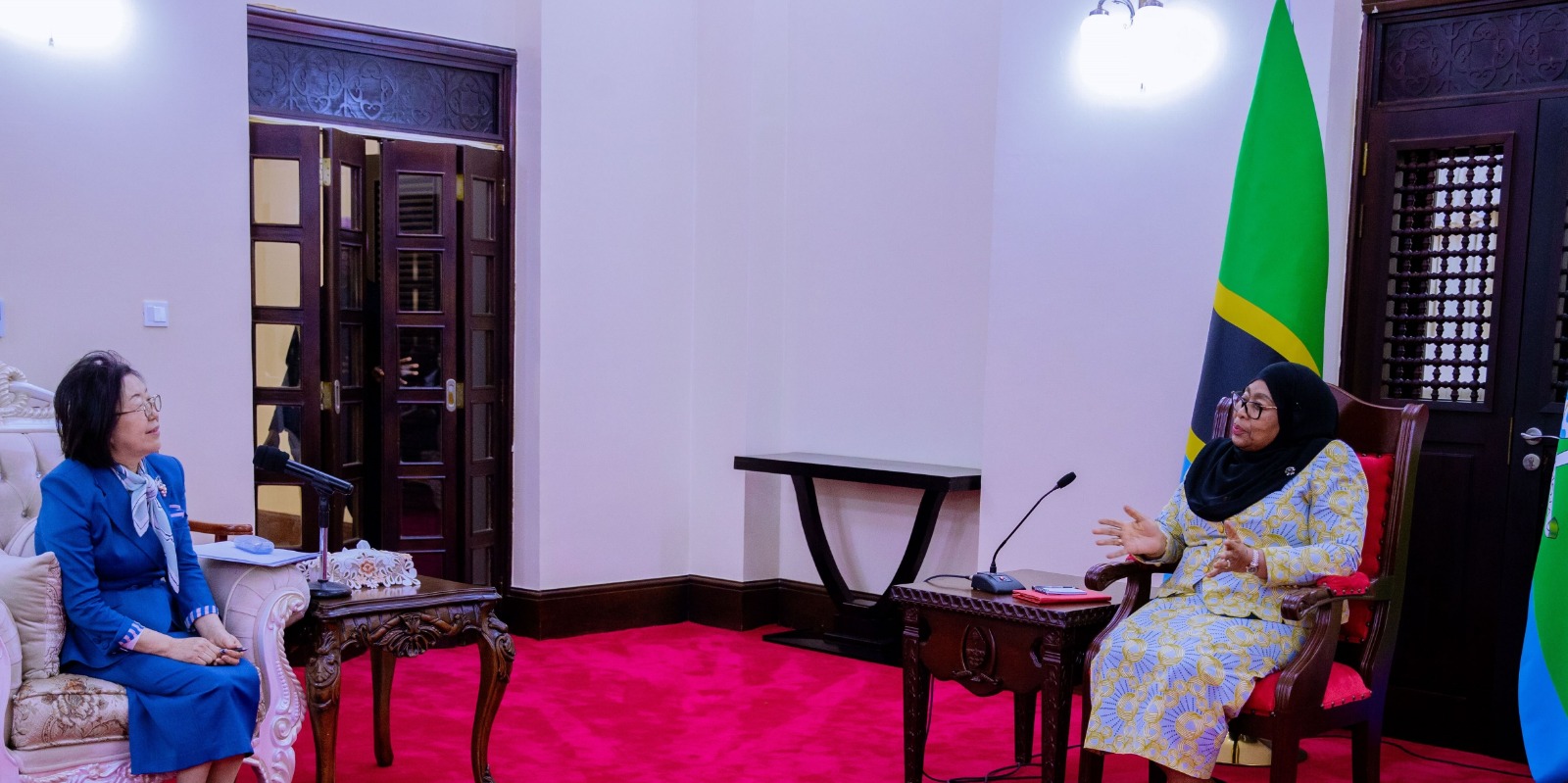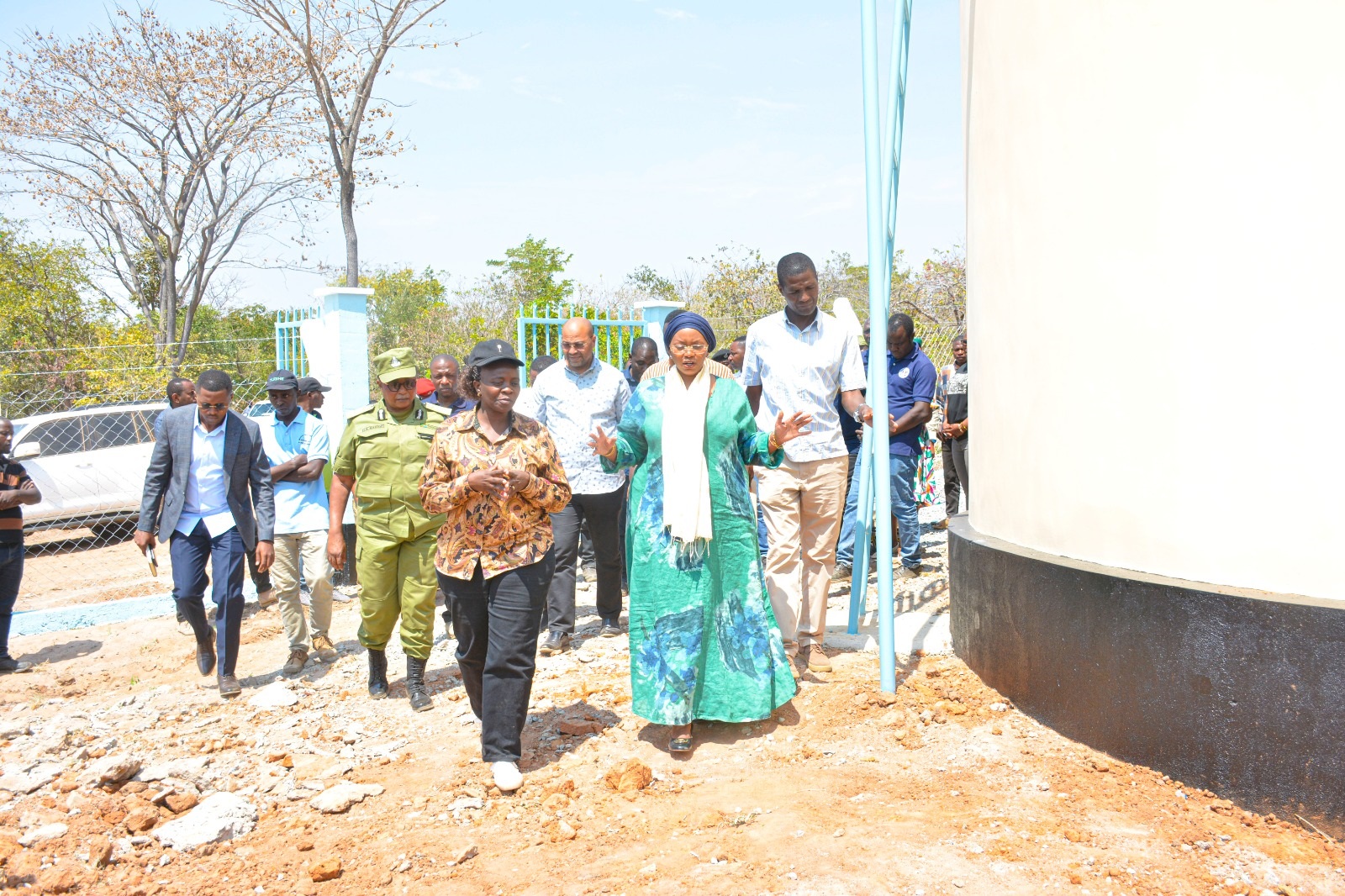Tanzanian investor expands presence in Kenya’s cement sector

A Major shift is underway in Kenya’s construction industry following the acquisition of a major stake in East African Portland Cement (EAPC) by Tanzanian businessman Edhah Abdallah Munif, through his Nairobi-based investment firm, Kalahari Cement.
The deal involves the purchase of a 29.2 percent stake in EAPC from Swiss multinational Holcim, which is gradually scaling back its operations across Africa.
If approved by Kenya’s Capital Markets Authority (CMA), the transaction will make Munif the largest single shareholder in the company, with a combined 41.7 percent stake, including shares held through other entities.
Valued at approximately KSh718.5 million (around $5.56 million), the move signals continued investor interest in Kenya’s cement and construction sector despite the financial and operational challenges facing some players in the industry.
EAPC, one of Kenya’s oldest cement manufacturers, has in recent years struggled with governance issues, mounting debt, and shifting market dynamics.
Analysts say new investment could help stabilise the firm’s operations and reintroduce competitiveness in a market that has seen increased regional and international competition.
Holcim’s exit from EAPC follows its earlier sale of a controlling stake in Bamburi Cement, one of Kenya’s other leading producers also acquired by Munif’s Amsons Group in late 2024.
The latest development consolidates the investor’s influence in the country’s building materials sector.
Industry observers are closely watching how the changes in shareholding may impact not only corporate governance at EAPC but also broader trends in cross-border investment and East African economic integration.
The Kenyan government remains a key stakeholder in EAPC, holding a 25.3 percent stake, alongside the National Social Security Fund (NSSF), which owns 27 percent.
With multiple public and private interests at play, any turnaround will require coordinated efforts to address existing debt obligations, improve leadership structures, and respond to evolving market needs.
Regional economic analysts suggest that renewed interest from foreign investors especially from within East Africa could signal increased confidence in Kenya’s industrial base and infrastructure development agenda.
The deal also comes at a time when East African countries are seeking to strengthen economic ties, boost intraregional trade, and attract long term investments in key sectors, including manufacturing and construction.
Top Headlines
© 2025 IPPMEDIA.COM. ALL RIGHTS RESERVED











